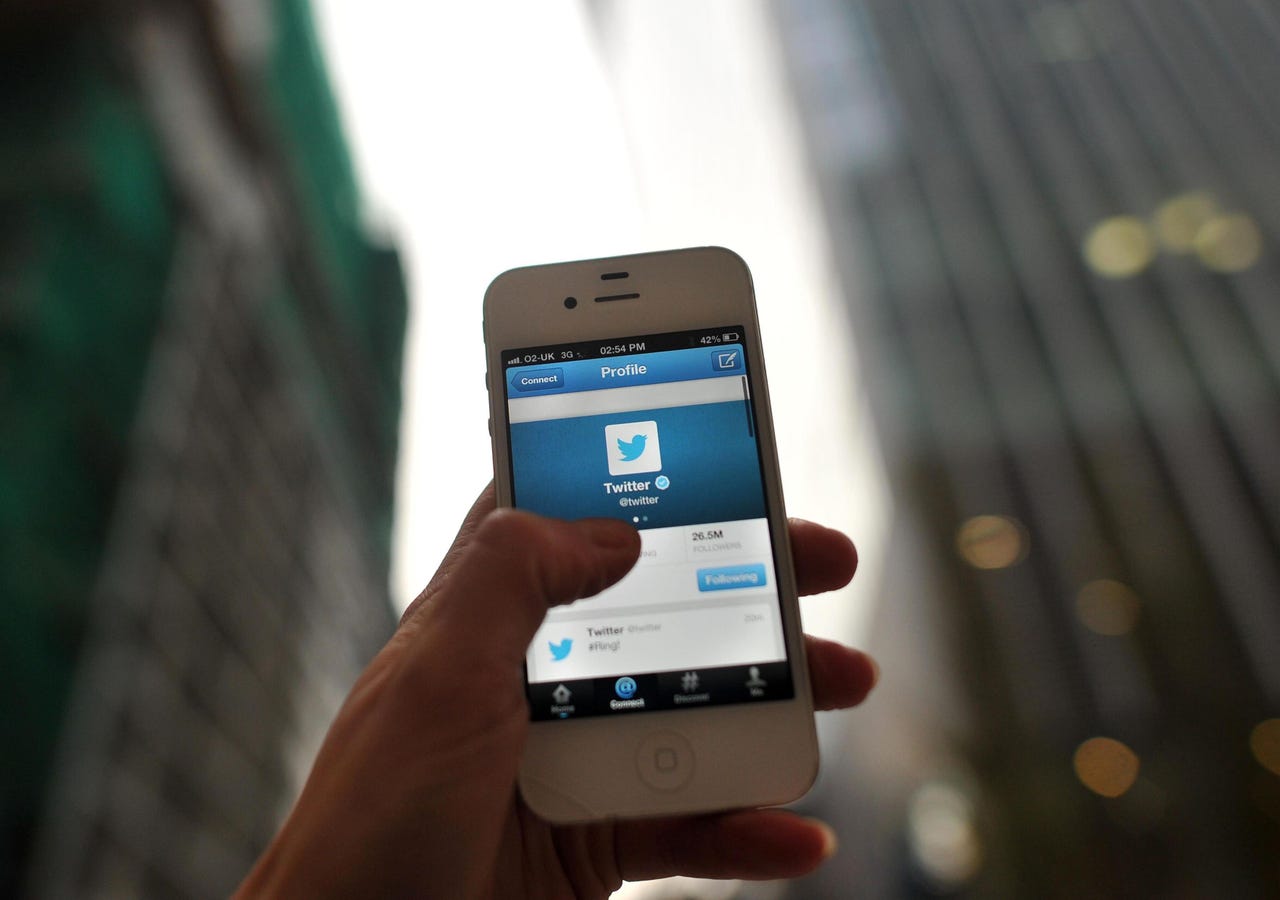As challenges mount, FBI issues fewer secret subpoenas


Twitter is fighting the government in court to try to reveal the exact number of national security letters it receives. (Image: Getty Images)
The FBI is relying less on its subpoena powers that it uses to secretly demand customer data from tech companies, new figures suggest.
In the annual transparency report published Tuesday by the Office of the Director of National Intelligence, the FBI issued fewer secret subpoenas -- so-called national security letters -- than in recent years.
In total, 12,150 letters were issued, compared to 12,870 letters during the previous year, a decrease of more than 5 percent. The number has been steadily decreasing over the past decade, with the number of letters issued peaking at 56,507 letters in 2004.
The report did not provide a reason for the decrease in number.
A spokesperson for the Office of the Director of National Intelligence had no further comment beyond the report.
The FBI uses these warrantless, subpoena-like powers -- which don't require the approval of a court -- to compel tech and phone companies to turn over data on grounds of national security. These letters are particularly controversial because they almost always come with a gagging provision, which prevents the subject of the letter from being informed.
Although a warrant is needed to access the contents of their communications, a national security letter can still demand a lot of information on a person's online account -- such as phone and email records, IP addresses, and other so-called electronic communication transactional records.
In some cases, web browsing histories can be compelled to be be turned over.
Despite their secrecy, more details about these secret subpoenas have come to light since the passing of the Freedom Act in 2015, which replaced parts of the controversial Patriot Act that were sunsetted in the wake of the Edward Snowden disclosures.
This in part led to a relaxation of secrecy surrounding the letters, which led to Nicholas Merrill, an owner of an internet provider which challenged a national security letter in the early-2000s, becoming the first person to have the letter's gag order completely lifted.
Since then, a handful of companies have challenged the secret letters that they received -- including Facebook, Yahoo, Adobe, Twitter, and Cloudflare.
Microsoft most recently won the right to have a national security letter it received in 2014 reviewed and subsequently unsealed.
While the number of letters are falling, numerous attempts to strike their use out of the law books have proven unsuccessful.
In 2008, a US court found the National Security Letter statute, amended by the Patriot Act in 2001, was unconstitutional. A separate case in 2013 found that the gag order provision was found to be in breach of the First Amendment. The government appealed the ruling.
And Microsoft, last year, announced that it filed suit against the Justice Department in April in an effort to strike down the government's use of gag orders, which Microsoft argues is unconstitutional.
Twitter, too, is fighting to disclose the exact number of national security letters it receives, describing it as an "Orwellian situation" for not being allowed its constitutional right to free speech. The case could be ruled in the coming months.
With the FBI no longer able to hide in the shadows with its secret use of national security letters, it's no surprise that its reliance on these letters is going down. With more challenges on deck (and likely more to come), it's expected that the number of letters issued will continue to fall.
NSA halts domestic digital surveillance program over privacy issues